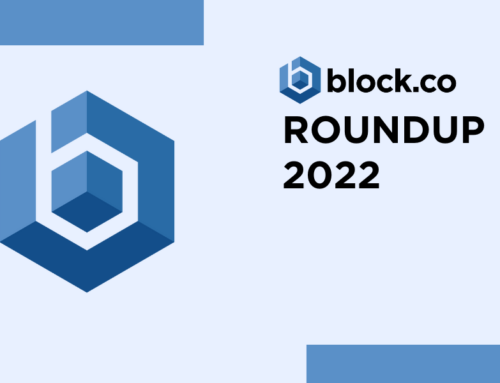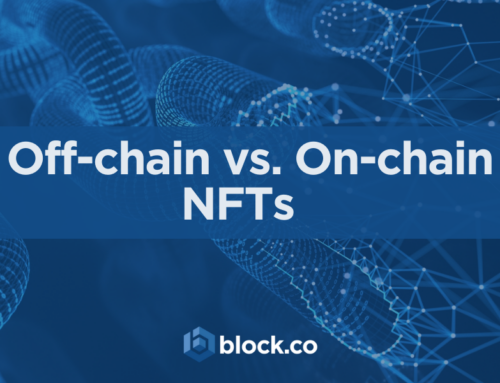Application of Blockchain Technology in the Government Sector — Part II

Welcome to Part II of the “Application of Blockchain technology in the Government Sector” article. In this blog post, we will have a look at the public sector and how blockchain can build trust, protect data, and reduce costs.
Building Trust with Citizens
The Pew Research Center reports that American trust in governance is at an all-time low. Transparency via decentralization is a key feature of blockchain-based technologies, enabling all participants to see and verify data. Any public services may benefit from a blockchain framework that allows for independent verification of government claims. Sweden, Estonia, and Georgia, for example, are experimenting with blockchain-based land registries, which enable multiple individuals to securely keep copies of the register. This model can be useful in resolving property conflicts rapidly or preventing them completely. When people and governments exchange data, the risk of mistrust is reduced.
Protecting Sensitive Data
In today’s virtual environment personal data violations have become widespread. Governments are tempting targets for hackers because they are the primary database for society. Rather than accepting such assaults as a cost of doing business in the information age, they could be counteracted or stopped by using blockchain data systems responsibly. Such data structures strengthen network security by lowering the likelihood of a single point of failure, and they can make undertaking a breach technically infeasible.
Reducing Costs & Improving Efficiency
Government entities must carry out their missions while still handling limited resources wisely. Blockchain technologies, when used correctly, can reduce redundancy, streamline procedures, reduce audit pressure, improve safety, and ensure data integrity.
Conclusion
To sum up, in the early days of blockchain, many governments were skeptical and ignored the public acceptance of the technology. However, we are seeing more interest as well as various blockchain initiatives being implemented by governments around the world. It looks like the sentiment around blockchain is starting to change.
In general, the implementation of solutions based on blockchain technology leads to an increase in the efficiency of public administration and the reduction of the cost of transactions. Moreover, Blockchain makes interaction with government bodies simpler, faster, more comfortable, and more efficient. Indeed, practical examples provided above demonstrate the potential of blockchain application in the government sector which offers promising prospects using this technology. Since the result of any administrative procedure in practice comes down to making entries in one or another register reflecting the civil status, property rights, health status, etc., then the blockchain is seen as both unique and universal technology that allows to optimize or even automate almost any administrative procedure and improve the efficiency and transparency in the government sector.
In this post-COVID time, when many public sector organizations will be rethinking their digital strategy, choosing between Blockchain and other technologies will be an especially important decision. Our Block. co experts in digital and blockchain technologies can offer the best viable options and help you make the right decision, reach a completely new level of information exchange, and secure it.
If your brand is ready to take the step into web 3.0 and NFT marketing, to optimize engagement with your audience in innovative ways, then click the button below to get your Free Trial, a limited number of Free NFTs, and a Free Consultation call from our team!
For more info, contact Block.co directly or email at enquiries@block.co.
Tel +357 70007828
Get the latest from Block.co, like and follow us on social media:







